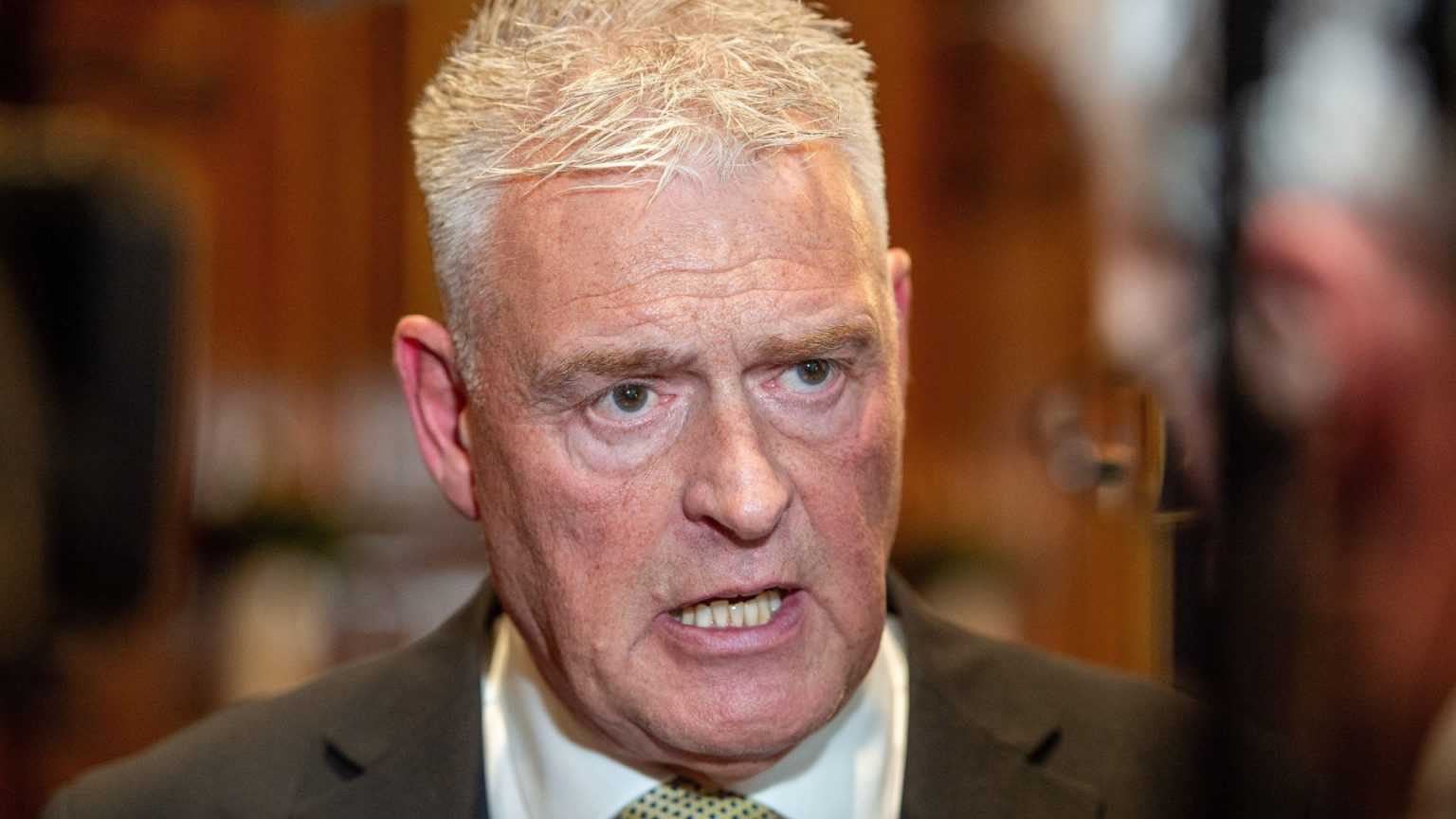The sentencing of Axel Rudakubana, 18, for the horrific Southport attacks has ignited a furious debate about the death penalty and sentencing guidelines for juvenile offenders. Rudakubana received a minimum sentence of 52 years, just shy of a whole-life term, due to his age at the time of the crimes (17). This legal technicality has sparked outrage, with some politicians, including Reform party members Rupert Lowe and Lee Anderson, calling for the reinstatement of capital punishment. Anderson went so far as to post an image of a hangman’s noose, stating it was the appropriate punishment. Others, while stopping short of advocating for the death penalty, are demanding a review of sentencing laws for under-18s, arguing that the current system fails to adequately address the gravity of such heinous crimes.
The case has highlighted the tension between the principle of rehabilitation for young offenders and the demand for justice and retribution in cases of extreme violence. Kemi Badenoch, a prominent Conservative politician, has called for an amendment to the law to grant judges the discretion to impose whole-life sentences on individuals under 18 in exceptional circumstances, arguing that Rudakubana’s case warrants such a change. This call reflects a growing public sentiment that the current legal framework is inadequate for dealing with the most serious crimes committed by juveniles. The case has reignited a broader discussion about the principles of justice, the treatment of young offenders, and the societal response to acts of extreme violence.
The Southport MP, Patrick Hurley, from the Labour Party, also supports a potential law change to ensure that individuals like Rudakubana remain incarcerated for life. This cross-party agreement on the need for tougher sentencing underscores the widespread concern over the current system’s limitations. Immediately following the sentencing, the Attorney General received a referral under the Unduly Lenient Sentence scheme, highlighting the public and political dissatisfaction with the imposed punishment. The Law Officers now have a 28-day period to determine whether to appeal the sentence, a decision that will be heavily scrutinized given the high threshold for such appeals.
The horrifying nature of the Southport attacks, coupled with the limitations imposed by current sentencing guidelines for minors, has fueled the public outcry and prompted calls for legislative reform. The case has forced a difficult conversation about the balance between rehabilitation and punishment, especially when dealing with young offenders who commit acts of extreme violence. The debate is not simply about the length of Rudakubana’s sentence but about the adequacy of the legal system in addressing the most severe crimes and providing a sense of justice for victims and their families. The outcome of the Attorney General’s review and the subsequent political response will likely shape the future of sentencing guidelines for young offenders in the UK.
Labour leader Keir Starmer expressed the nation’s sympathy for the victims’ families and the Southport community, acknowledging the unimaginable suffering they have endured. He emphasized the importance of delivering meaningful change in response to this atrocity, seemingly aligning himself with the calls for stricter sentencing and legal reform. Starmer’s statement reflects a broader recognition that the Southport attacks represent a watershed moment, demanding a reassessment of how the justice system handles juvenile offenders involved in extreme violence. The political consensus on the need for change suggests that legislative action may be imminent.
The judge’s inability to impose a whole-life order on Rudakubana stems from legal restrictions related to the offender’s age at the time of the crimes. Whole-life tariffs are reserved for individuals aged 21 or older, and while exceptions can be considered for those aged 18-20 in exceptional circumstances, Rudakubana, being 17 at the time of the offences, did not meet these criteria. This legal constraint has been central to the public outcry and the calls for legal reform. Despite the substantial minimum term of 52 years, which is considered one of the highest on record for an offender of his age, the inability to impose a whole-life order has fueled the perception of an inadequate punishment. The referral to the Unduly Lenient Sentence scheme underscores this dissatisfaction. The case has brought the complex issue of sentencing juvenile offenders into sharp focus, prompting debate about how the justice system can balance the principles of rehabilitation with the need for accountability and public safety.











